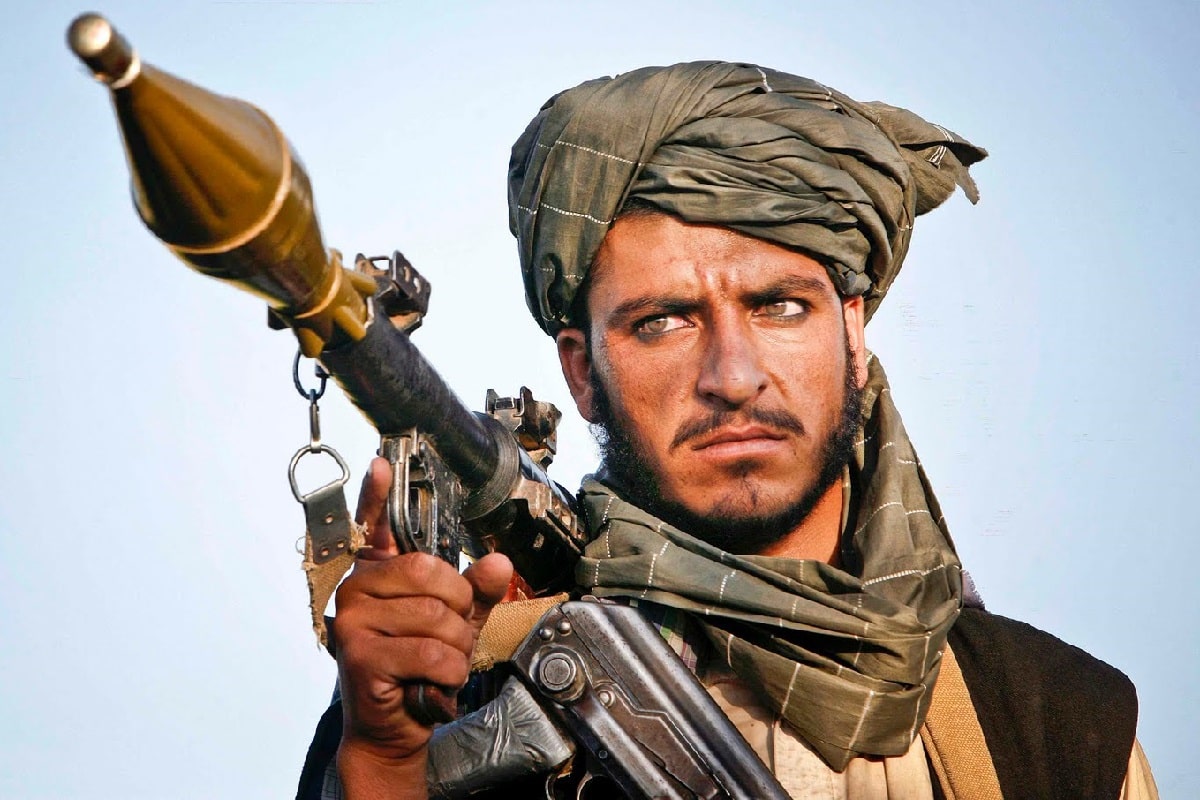Faiz Hameed, the head of Pakistan’s Inter-Services Intelligence (ISI) agency, arrived in Kabul today to address a developing crisis in the Taliban’s new state. Whereas the Taliban had said that they would unveil their new government on September 3, the day passed without any official word of the appointment of Haibatullah Akhundzada whom the group’s representatives earlier signaled would be the Islamic Emirate’s supreme leader based in Kandahar. That delay also postponed Taliban co-founder Mullah Abdul Ghani Baradar’s efforts to become political leader in Kabul. The delay may signal a much greater crisis within the Taliban, hence Hameed’s emergency trip.
As the Taliban consolidate control, President Joe Biden has sought to shift blame for Afghanistan’s collapse to his predecessor. He said Trump’s deal tied his hands. This is false: While Trump’s Taliban deal was deeply flawed and essentially a surrender agreement, the Taliban never adhered to its side of the bargain and, regardless, Biden did not hold himself to the same standard with regard to Trump’s decisions on the border wall, the Keystone XL pipeline, or the Nord Stream-2 sanctions.
The deeper problem with which Hameed now struggles is the fact that a unitary Taliban has always been illusionary. More than a decade ago, Secretary of State Hillary Clinton put the United States on the path of negotiations with the Taliban. “You don’t make peace with your friends,” she explained. “You have to be willing to engage with your enemies if you expect to create a situation that ends an insurgency.” That ultimately led to the decision to open a Taliban political office in Doha, Qatar. That was the easy part, even as diplomats wrestled with the question of whether such an office should fly the flag of the Taliban’s Islamic Emirate. The real question—and one which successive administrations and Special Envoy Zalmay Khalilzad never addressed—was whether that political representation really spoke for the group in its entirety. The Quetta Shura is different from the Haqqani Network is different from the Northern Taliban. While Western diplomats and even Pakistani officials may consider the Tehrik-i-Taliban Pakistan (TTP) as having no legitimacy in Afghanistan, there is no indication that the group truly concurs. Such factionalism initially played into Taliban hands: They could feign compliance and blame attacks on splinter groups even as Taliban leaders privately approved the attacks to bleed the Afghan government.
Like the Mouse that Roared, neither Taliban leaders nor their ISI handlers expected that they could defeat the United States; two decades ago, no one expected either Trump or Biden could be president. Now that they are in power, the infighting has—quite literally—begun.
According to Afghan sources, Hameed rushed to Kabul after a clash between Baradar and Haqqani-supported groups in which Baradar sustained injuries. The Haqqani and many other Taliban factions simply do not accept Haibatullah as their leader.
Other problems now re-emerge. When I visited the Taliban’s Islamic Emirate in March 2000, it quickly became apparent that factional tension was rife between Taliban who saw themselves as Afghan nationalists versus those who took their orders solely from the ISI. In order to shore up its influence, the ISI at the time had inserted ethnic Punjabi Taliban to protect its interests. The same pattern now repeats.
Some Afghan factions seek a more inclusive government and are not enthusiastic about efforts to fight the Panjshiris. The Taliban largely conquered Afghanistan on the back of political deals rather than military victories and are unenthusiastic about the losses they now sustain in ground fighting in the Valley and its approaches. It is Hameed and the factions to which he directly dictates that want to finish off Ahmad Massoud and Amrullah Saleh, the two main leaders of the resistance.
The Taliban have never been a truly indigenous movement in Afghanistan. They were vigilantes who Pakistan co-opted in the mid-1990s and then trained into a potent terrorist insurgency. Many factions remain loyal to the Taliban but, left to their own devices, some within the movement would turn their backs on their former patron and the puppets it seeks to install. This is what Faiz Hameed now seeks to prevent.
With Hameed’s hand clearly exposed, the question for US policymakers then becomes why anyone should negotiate or recognize the Taliban when Hameed’s emergency visit affirms that they are merely an ISI puppet. National Security Advisor Jake Sullivan says Washington has leverage over the Taliban. Hameed’s dream would be keeping the illusion alive long enough to gain control over Afghanistan’s $9.4 billion reserves. A far better approach for Washington, however, may be to designate Faiz Hameed as the terrorist he is and the organization he heads as a terrorist entity which for too long has victimized Afghanistan and undermined any hope Pakistanis have to be a democracy and a normal state.
Now a 1945 Contributing Editor, Michael Rubin is a Senior Fellow at the American Enterprise Institute (AEI).

